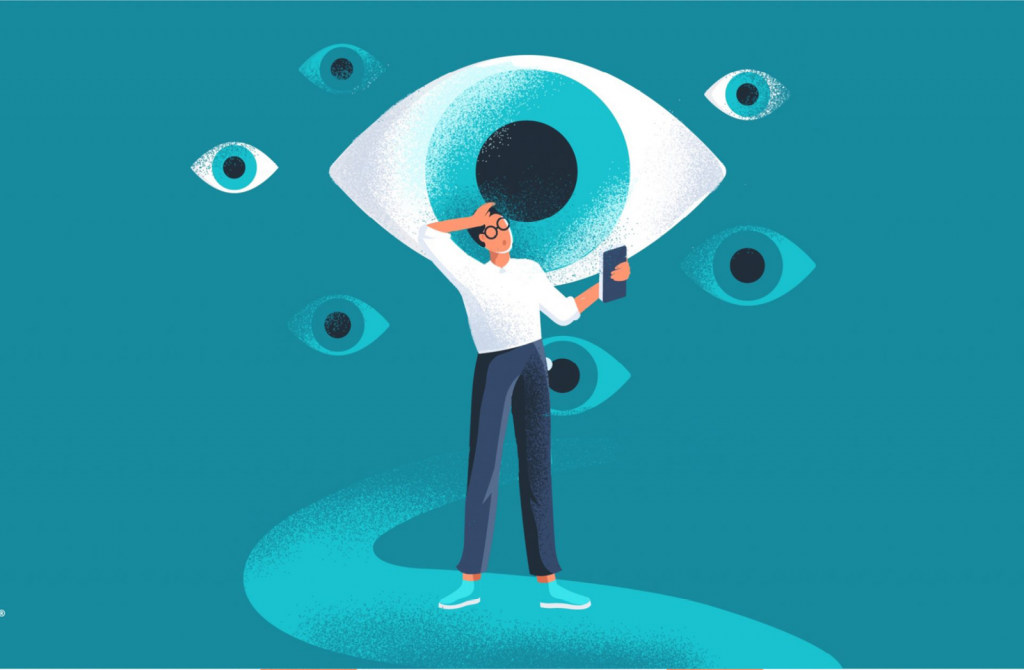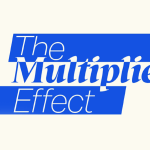Apps form a part of our everyday life. From catching up with our friends to playing games, watching films, investing in stocks and banking, there’s not much we do without them.
But what price do we pay for the ease they offer?
Recently Apple updated their privacy policy, giving us more information on how different apps use our data and more clarity on where our information goes.
… APPS CAN COLLECT AND SHARE ANYTHING FROM YOUR PERSONAL INFORMATION AND USER CONTENT, TO SEARCH AND BROWSING HISTORY, TO ANALYSE YOU AS A ‘PROFILE’ FOR THEMSELVES…
Any information you agree to be gathered by an app when signing up can be analysed for their benefit and even shared. While this data is willingly passed on, you might be interested to know exactly what it is apps are after.
Everything from your browsing history, to your location, your banking details, your contact details, and your fitness levels can be valuable for apps to store, use, or sell on. While they all have a responsibility to keep this data safe, that doesn’t always mean it stays in their hands.
Apps collect your data for a lot of reasons. One of the initial reasons for this is to make your experience better, tracking how you interact with them to fix bugs and improve how they work. However, they also use your information to target you with ads across any platform. We’ve all seen it – we finish browsing on one app, then an advert selling us something we’ve just looked at appears somewhere else.
This is done by passing on your data to third parties. Third parties might be associated with the company that runs the app, or they might just pay a fee to access their users’ data.
Social listening companies are often where your data ends up. Companies like BuzzSumo and Hootsuite collect your data to allow people to analyse, understand and, ultimately, sell to you.
Apps can collect and share anything from your personal information and user content, to search and browsing history, to analyse you as a ‘profile’ for themselves and other apps.
Every time you search for a video on YouTube, 42% of your personal data is sent elsewhere. This data goes on to inform the types of adverts you’ll see before and during videos, as well as being sold to brands who’ll target you on other social media platforms.

YouTube isn’t the worst when it comes to selling your information on. That award goes to Instagram, which shares a staggering 79% of your data with other companies. Including everything from purchasing information, personal data, and browsing history. No wonder there’s so much promoted content on your feed. With over 1 billion monthly active users it’s worrying that Instagram is a hub for sharing such a high amount of its unknowing users’ data.
In second place is Facebook, which gives 57% of your data away, while LinkedIn and Uber Eats both sell off 50%.
A study conducted by pCloud revealed that 80% of apps use your data to market their own products in the app and beyond. This includes things like apps serving you their own ads on other platforms, as well as in-app promotions for their own benefit, or for third parties who pay for the service.
The top two here are the same offenders – Instagram and Facebook. Both are owned by Facebook and use 86% of your data to sell you more of their own products and serve you relevant ads on behalf of others.
At the other end of the scale to Facebook and Instagram, lockdown favourites such as Skype, Microsoft Teams, Clubhouse, Netflix, Signal and Google Classroom collect no data at all.
This article was excerpted from pCloud.com, a cloud storage solution provider.
MARKETING Magazine is not responsible for the content of external sites.











